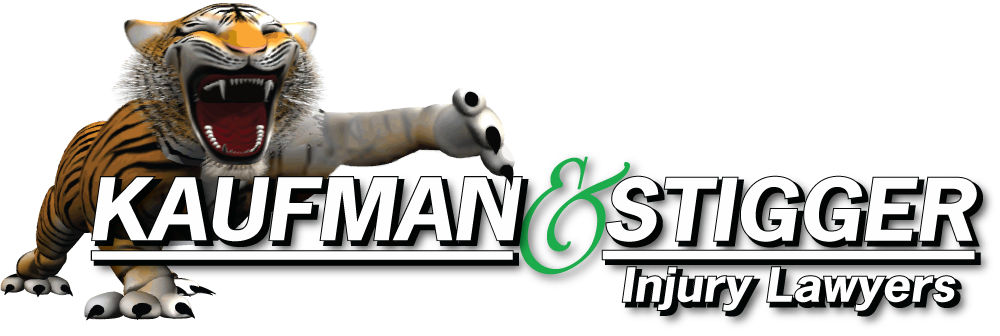A driver trying to elude police crashed into two vehicles causing one of them to catch fire. Police spotted the driver of a Ford F-150 driving erratically and allegedly speeding so they gave chase. Speeds of the pursuit got up to 90-miles-per-hour and ran at least two vehicles off the road. At one point the driver stopped and made a U-turn on Interstate 75 and began heading south in the northbound lanes.
The driver then hit a Chevrolet Sonic head on and then hit a Jeep Cherokee causing it to roll over. Both occupants of the Sonic died at the scene, and the driver of the Cherokee sustained significant injuries. A passenger in the F-150 also died at the scene, and the driver sustained minor injuries and was placed under arrest.
The driver was then charged with DUI, reckless endangerment and driving without a driver’s license. According to Kentucky State Police, she has four previous convictions for driving while impaired.
Police Chase Crashes
Police are often faced with a dilemma when attempting to apprehend a suspect who’s fleeing in a car. Kentucky law allows for police pursuits under certain conditions and gives the pursuing officer and a direct supervisor the authority to call off the pursuit.
The justification for the pursuit must take in consideration the threat and risk to the public if the pursuit is either continued or cancelled. The bottom line is, if the pursuit is for a minor charge and the risk to the public of a high-speed pursuit is high, then the pursuit should be terminated.
Police Chase Liability
For years in Kentucky, the law protected police officers and the city or state from negligence lawsuits when the officer was acting in the line of duty. However, in June of 2019, the Kentucky Supreme Court held that an injured victim of a police chase can sue the department for damages if the police were negligent in the pursuit.
However, the law doesn’t mean that just because someone is injured in a police pursuit, the department will automatically have to pay out damages. The victim still has to prove that the pursuing officers were negligent in the way they handled the pursuit, and that the negligence caused the injuries to the victim.
Who Pays for Police Chase Injuries?
If the police are negligent, then anyone who is injured in the accident can collect compensation for financial losses that came from the accident. However, in many cases, the driver of the fleeing car might be negligent and will owe compensation for all injuries.
However, if the fleeing driver is liable, the victims might not get paid compensation if the driver doesn’t have insurance or was driving a stolen vehicle. This is because insurance companies won’t pay out for damages when the driver has stolen a car even if the driver has insurance. This leaves the injured victims to file a claim using their own auto insurance policy if they have uninsured/underinsured motorist’s provision.
Comparative Fault
In Kentucky, when someone is hurt in an accident, the law will assign fault to all drivers and divide the responsibility for the injuries by the amount of the percentage of liability for each driver. For example, if the police were 60 percent at fault and the driver of the fleeing vehicle was 40 percent at fault, then the victims would receive 60 percent from the police department and 40 percent from the insurance of the fleeing driver, if there was any. If not, then the 40 percent might get paid for by the victim’s own insurance.
Contact an Attorney Today
While money alone does not put make the person whole again, dealing with the physical and emotional aspects of a traumatic accident is made more difficult as the financial losses add up creating more anxiety and stress.
If you’ve been injured in an accident involving a police chase, you need to talk to an attorney right away so you can be advised of the law and your rights. Many victims of these accidents wonder if they need to get an attorney. In most cases, the answer is yes. You need to understand your rights and what you are entitled to under the law so you can make the best decision.
Call the attorneys at Kaufman & Stigger, PLLC, and they will stand behind you to make sure that you are treated fairly and that you get the highest compensation allowed by the law.






